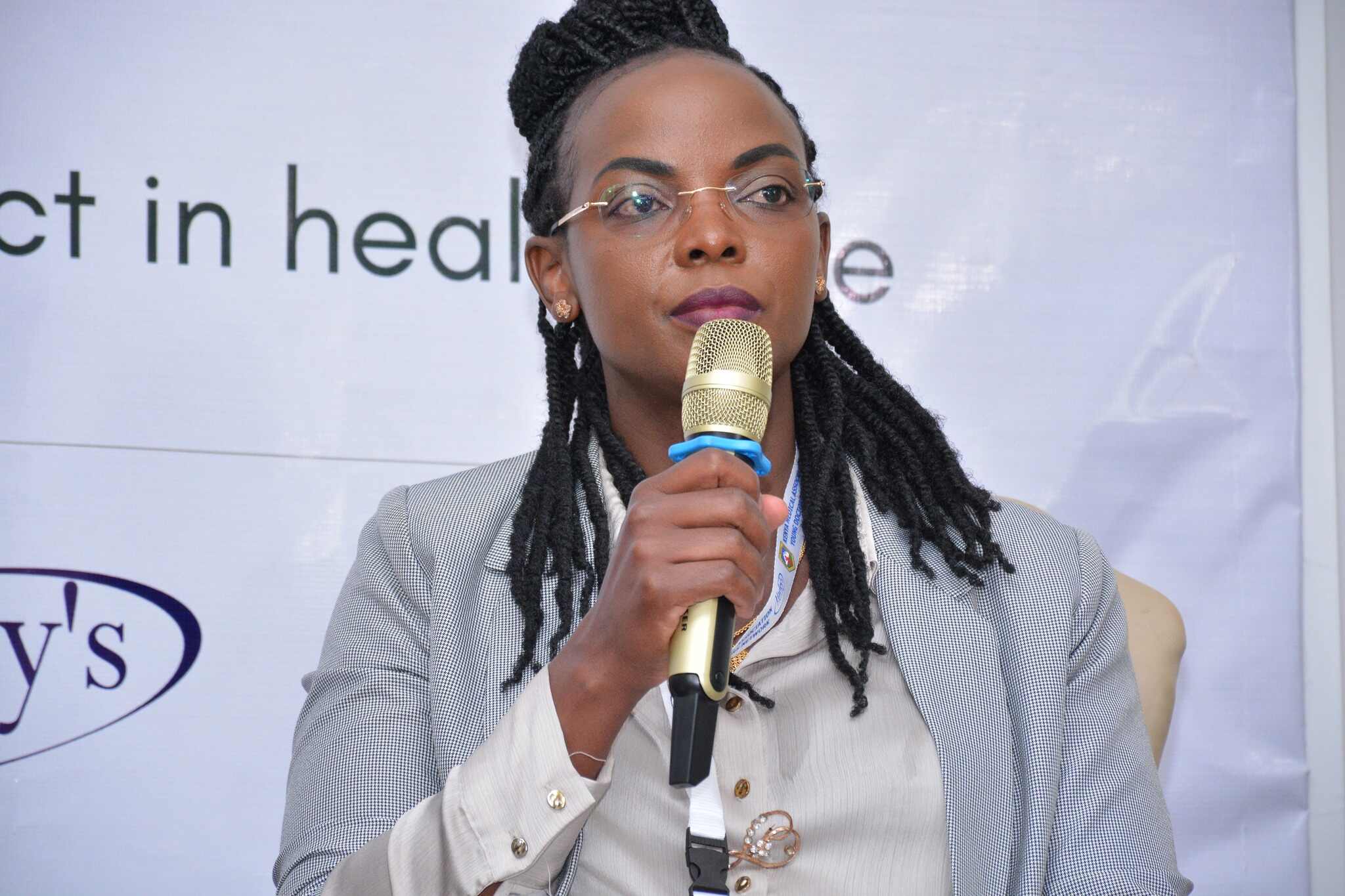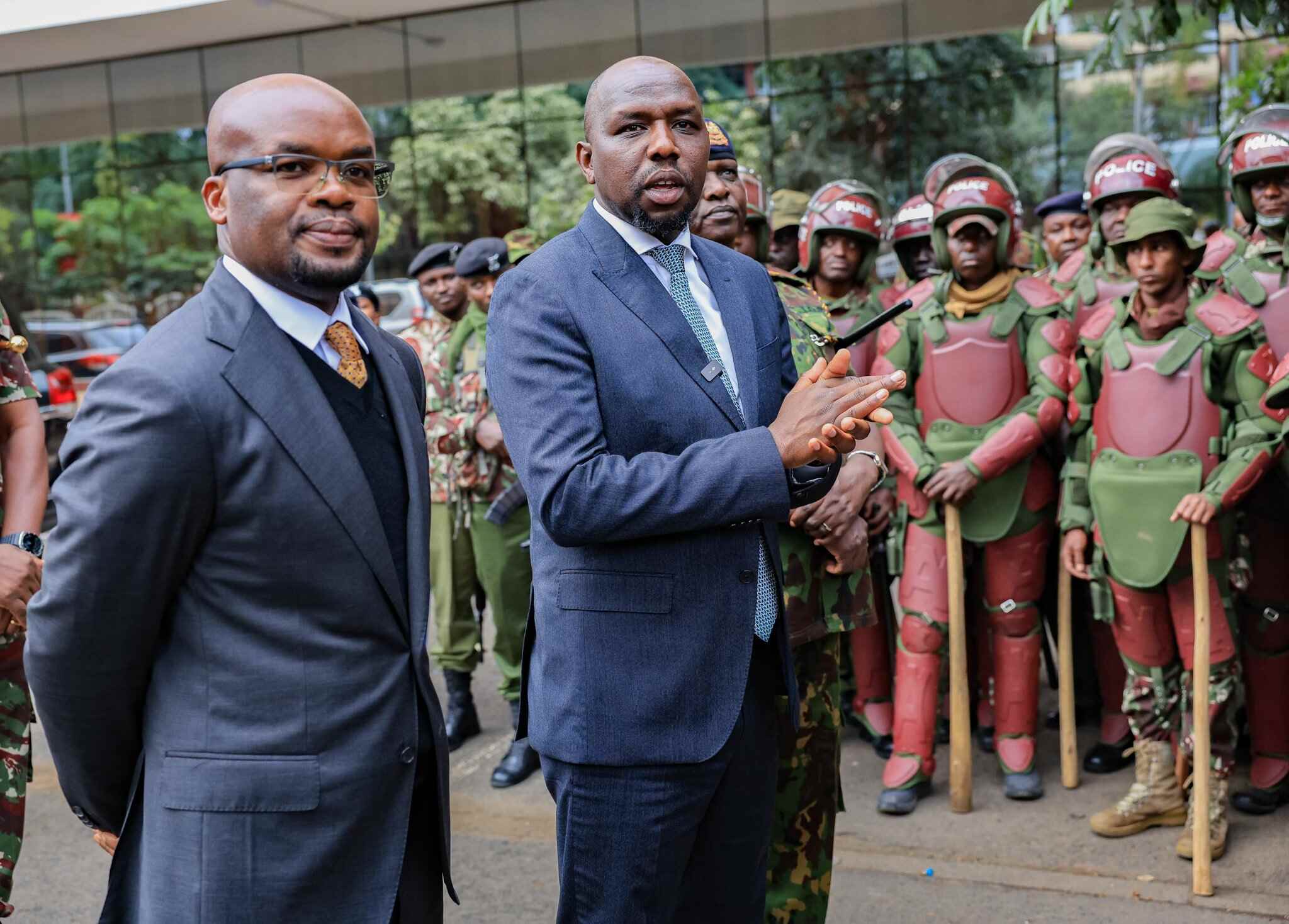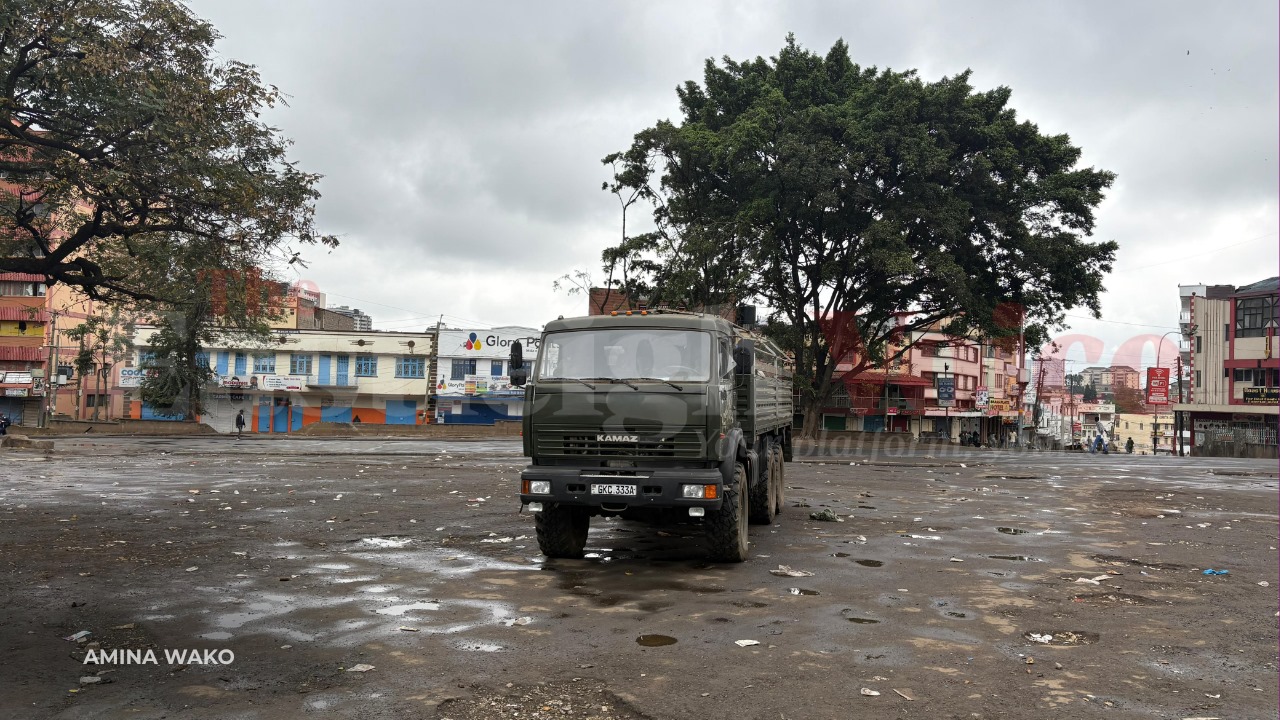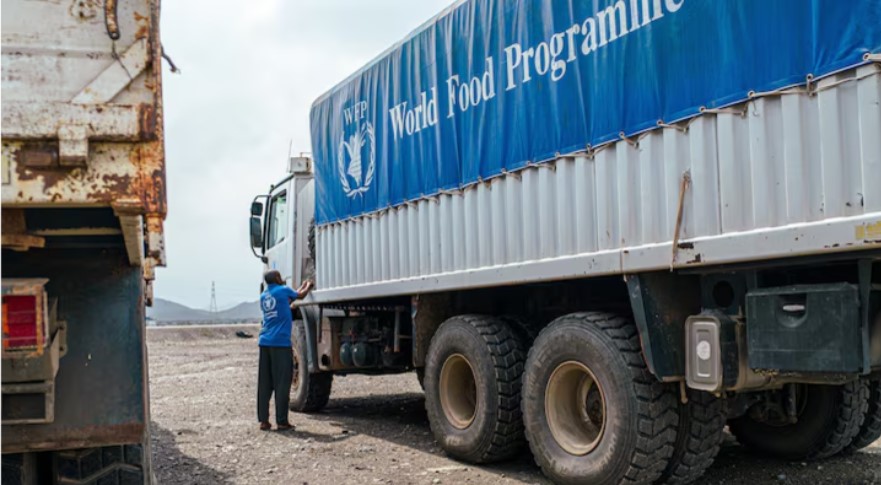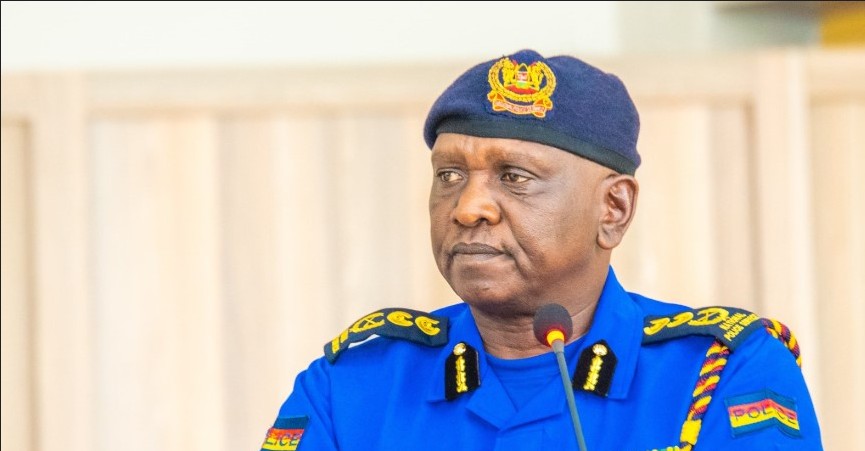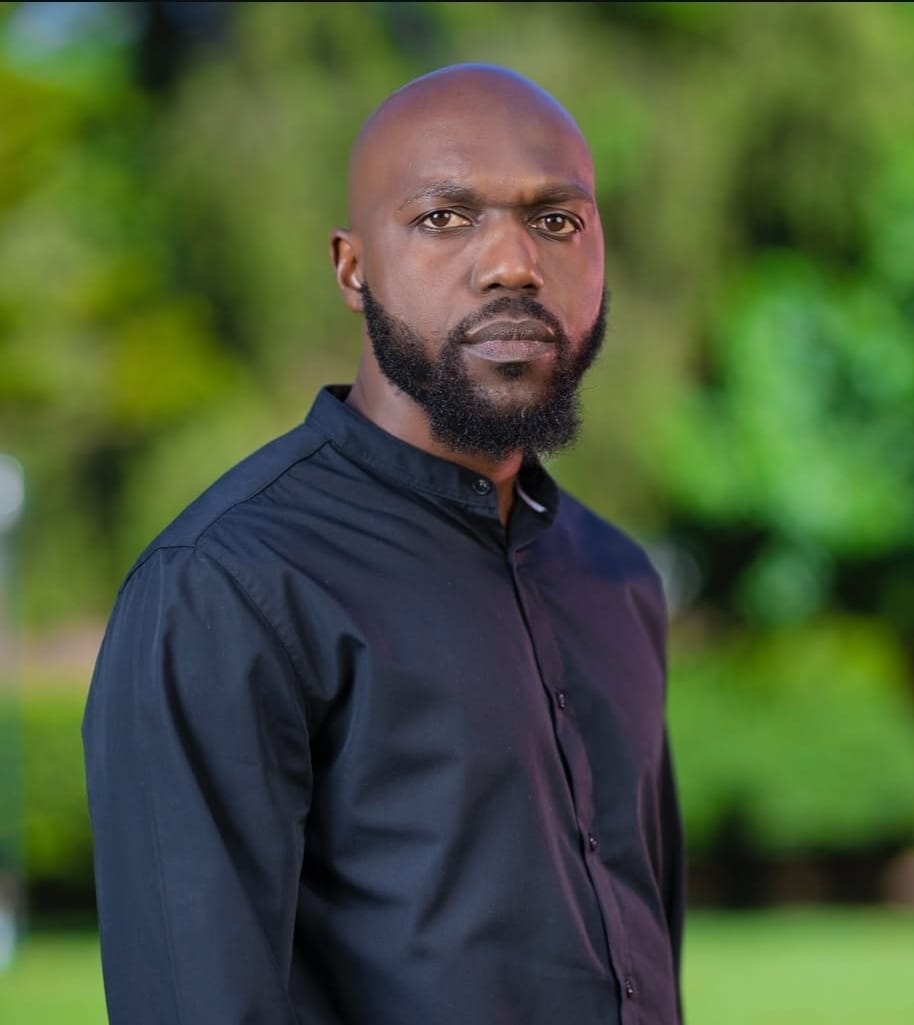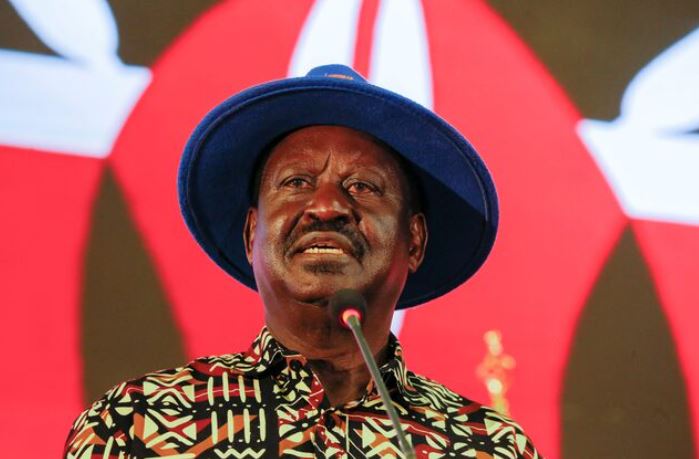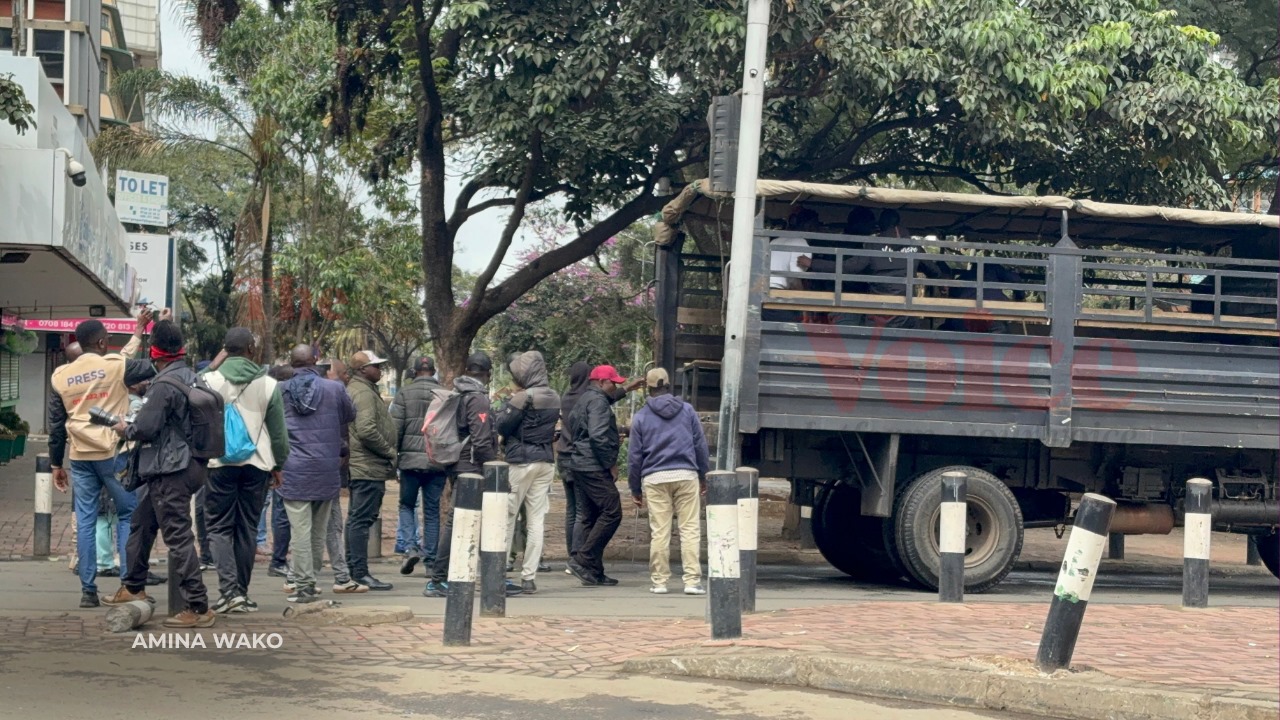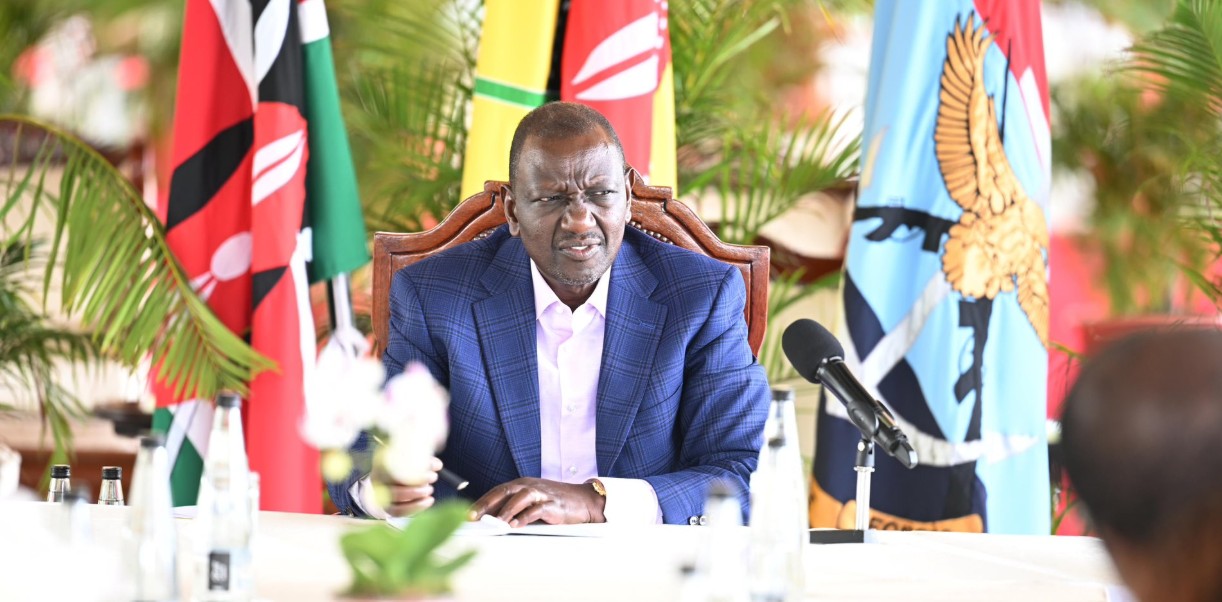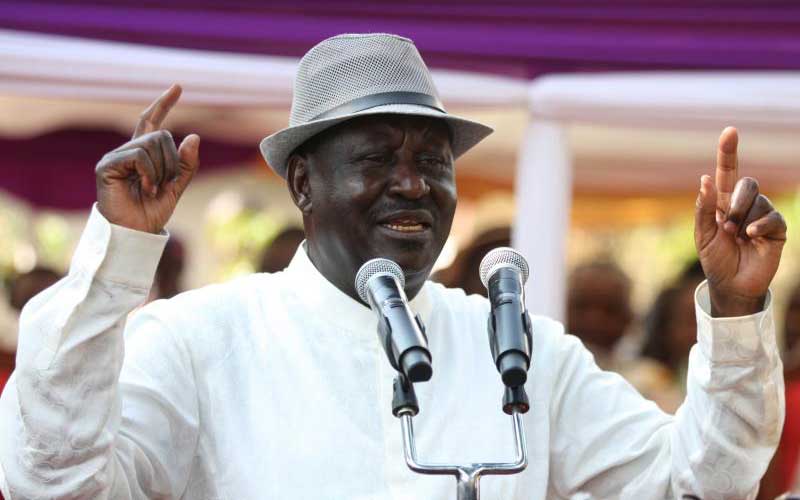Saba Saba: Raila Odinga skips Kamukunji rally, blames police blockades

Raila Odinga, who addressed the media from Serena Hotel in Nairobi on Monday, said the extensive security barricades had made it impossible to access the historic venue.
Former Prime Minister Raila Odinga has faulted police roadblocks mounted across Nairobi for preventing him and other Kenyans from attending the 35th Saba Saba Day commemoration at Kamukunji Grounds.
Odinga, who addressed the media from Serena Hotel in Nairobi on Monday, said the extensive security barricades had made it impossible to access the historic venue.
More To Read
- Kenya Medical Association condemns obstruction of healthcare workers during protests, calls for action
- 11 dead, 567 arrested during Saba Saba protests, police confirm
- Politician offered goons Sh100,000 to assault, disrupt my protest coverage - Larry Madowo
- Saba Saba: CS Murkomen expresses regret over Nairobi lockdown, emphasises security first
- 10 dead, 29 injured and two abducted as Saba Saba protests rock 17 counties - KNCHR
- Raila Odinga rekindles spirit of 1990 Kamukunji rally, honours Kenneth Matiba and Charles Rubia
"I was going to join Kenyans at Kamukunji to commemorate Saba Saba Day. Unfortunately, as you all know, there are roadblocks all over town, which have made it difficult for people to move to Kamukunji. In the circumstances, I have decided to talk to the media here at Serena,” he said.
The heavy police presence was evident from as early as 4:00 am, with multiple roadblocks set up on major highways and feeder roads, including Mombasa Road (near Sameer Business Park), Lang’ata Road, Ngong Road, Waiyaki Way, Thika Road, Kiambu Road (near CID Headquarters), Donholm, Spring Valley Road, Madaraka Roundabout (towards Nyayo Stadium), Kenyatta Avenue, Jogoo Road, Uhuru Highway, and Valley Road.
In Mombasa, similar blockades were mounted in Likoni, Nyali, and Changamwe, where officers conducted thorough security checks.
The move sparked public outrage online, with many Kenyans accusing the government of infringing on their constitutional right to free movement and disrupting daily livelihoods.
Despite widespread complaints and visible disruption, Deputy Inspector General of Police Gilbert Masengeli denied any intention to restrict access to the city centre.
“Everybody is getting into the CBD, everybody is going for duty as normal,” he said during a morning patrol accompanied by GSU Commandant and National Police Service Director of Operations, Adamson Bungei. “You’ll not be turned away. Ours is just to urge everybody to keep peace and confine within the rule of law.”
However, a spot check by The Eastleigh Voice revealed a different reality. Long queues of stranded commuters were observed at roadblocks, especially along Thika Road, Lang’ata Road, Waiyaki Way, and Mombasa Road, where both personal and long-distance vehicles were either redirected or completely halted.
Public transport operations were severely paralysed, forcing many residents to trek long distances or return home.
Reflecting on the historical roots of the Saba Saba movement, Odinga recalled past struggles for multi-party democracy in Kenya.
“In 1982, when some of us wanted to form a political party, the regime then went to Parliament and introduced a law to make the country a single-party state by introducing Section 2A that made it illegal to form any other political party,” he said.
He decried that by 1990, he had already been detained twice for pushing for democratic reforms, adding that those who dared to challenge the ruling regime were vilified and persecuted.
“Come 1990, by that time, I had been to detention two times. Kenneth Matiba and Charles Rubia, on the 2nd of May 1990, addressed a press conference saying the time had come for Kenya to become multiparty. They were condemned seriously as being ethnic chauvinists, anarchists, people who wanted to bring chaos to this country,” he said.
Saba Saba, observed annually on July 7, marks the 1990 pro-democracy demonstrations against former President Daniel arap Moi’s regime.
This year’s commemoration came in the wake of intensifying anti-government protests led by a disillusioned youth movement demanding lower taxes, jobs, an end to corruption, and accountability for police brutality.
In recent weeks, the protests have escalated into deadly confrontations, with dozens reportedly killed and widespread damage to property. Organisers have accused the State of deploying infiltrators to sabotage their cause, while government officials have labelled the demonstrations an “attempted coup.”
Top Stories Today

